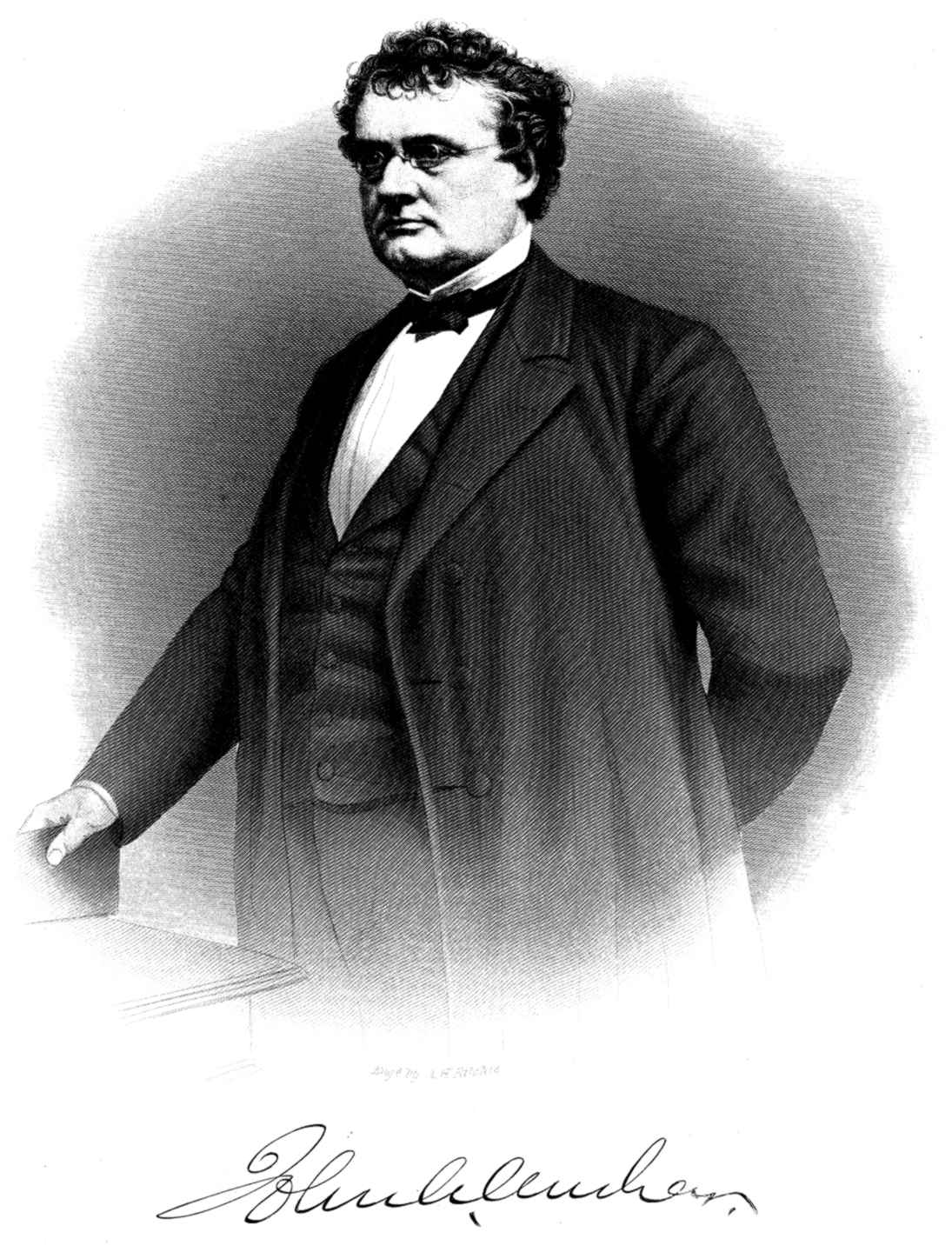THE BAY STATE MONTHLY.
A Massachusetts Magazine.
VOL. III. AUGUST, 1885. NO. III.
Contents
THE CITY OF WORCESTER—THE HEART OF THE COMMONWEALTH.
JOHN ALBION ANDREW.
THE "WAR-GOVERNOR" OF MASSACHUSETTS.
John Albion Andrew, the twenty-first Governor of Massachusetts, wasborn, May 31, 1818, at Windham, a small town near Portland, Maine. Hisfather was Jonathan Andrew, who had established himself in Windham as asmall trader; his mother was Nancy Green Pierce, of New Hampshire, whowas a teacher in the celebrated academy at Fryeburg, where DanielWebster was once employed in the same capacity.
Jonathan is described as having been "a quiet, reticent man, of muchintelligence and a keen perception of the ludicrous," while his wife was"well educated, with great sweetness of temper, and altogether highlyprepossessing in appearance." There never was a more united and happyfamily. The father possessed ample means for their education, and lefthis household to the good management of his wife, who was admirable inher domestic arrangements, judicious, sensible, energetic, and a rigiddisciplinarian of her children. There was a rare union of gentleness andforce in this woman, which made her generally attractive, and especiallyendeared her to all who came under the influence of her character.
Mrs. Andrew died on the 7th of March, 1832. Shortly afterwards thehusband sold out his property in Windham and removed to a farm inBoxford, in the county where he was born. He died in September, 1849.
John Albion, the oldest son, entered Bowdoin College in 1833, where hepursued a course in no way remarkable. He was a studious youth, appliedhimself closely to his books, and appeared to take no lively interest inathletic sports. Notwithstanding his studiousness, he was ranked amongthe lowest of his class, and was allotted no part at Commencement.[142] Among his fellows he was, however, exceedingly popular, and his happytemperament, his genial nature, won him friendship which after yearsonly made stronger and more enduring.
After his graduation the you
